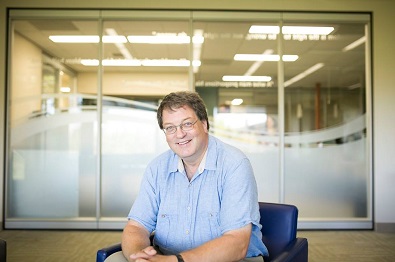Dr. Ken Coates, a celebrated expert on Indigenous relations and policy, says policy around Indigenous identity continues to be complex. However, he says new policy at the University of Saskatchewan carries a “legitimacy” that is “quite significant.”
The university introduced the new policy last week, which will now require Indigenous faculty and students provide documentation to prove their Indigenous identity.
The new policy comes in the wake of the Carrie Bourassa scandal, a U of S researcher who resigned this past year after her claims to Indigenous identity came under fire.
“The university is trying really hard to find a policy arrangement that will work in the 21st century,” Coates told MBC News. “The controversy we had with Carrie Bourassa has created a lot of consternation on campus.”
According to Coates, self-identification had been the model for a long time for colleges and universities, however, U of S President Peter Stoicheff would admit that self-identification was no longer adequate.
As these positions become more valuable Coates believes more “dishonest” and “dishonourable” people have started to take advantage.
“Now it’s a big deal. These positions are very central to university policies and processes and they needed to come up with a strategy.”
After Carrie Bourassa, the university developed an Indigenous-led task-force of 28 people that would ultimately come up with the new policy.
“This policy isn’t one the university created by itself, it’s one the university asked this committee of largely Indigenous people to put together,” said Dr. Coates. “And I think that gives it a legitimacy that is actually quite significant.”
While most cases will be covered by a Status card or citizenship under the Métis Nation-Saskatchewan registry, some have raised concerns for non-status Indigenous people and Métis people not registered under the MN-S registry.
Coates believes the university will be able to create a panel of Indigenous people for an appeals process to help work through these cases.
A spokesperson for the university recently confirmed Métis people applying for a job or scholarship at the university could use the MN-S registry to prove their identity without becoming a citizen if that is their wish.
While Dr. Ken Coates was glad to see legitimacy given to this new policy he believes matters around Indigenous identity and how to define it will continue to be a complex situation moving forward.
“So welcome to the complexion of the 21st century where membership and identity are going to be one of the major points of contention for the next 25 years.”
(With files from Michael Joel-Hansen)
